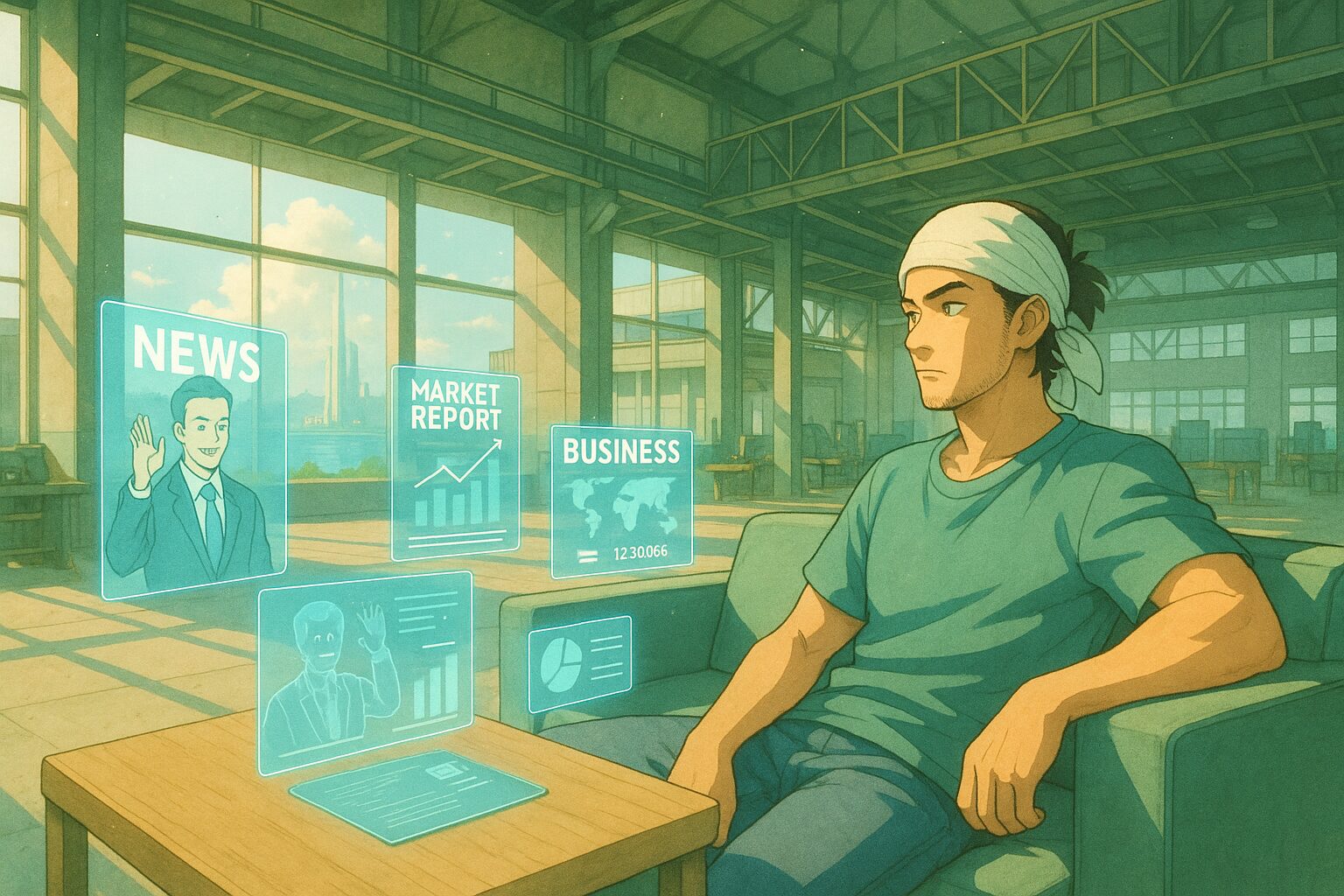DXC Technology has made headlines with the establishment of a new “AI Center of Competence” in Warsaw, Poland. This move aims to accelerate the adoption of AI in businesses. If this trend continues, how will our work and lives change?
1. Today’s News
Source:
DXC Launches Global AI Center of Competence to Accelerate Enterprise AI Adoption
Summary:
- DXC Technology has established an AI center in Warsaw to promote enterprise AI adoption.
- This center will support research and development and implementation of AI technologies.
- It will promote the use of AI as part of a global network.
2. Considering the Background
The evolution of AI technology contributes to improving business efficiencies and creating new business models. However, due to costs and technical hurdles, many companies are cautious about adopting AI. DXC’s move may be one answer to these challenges. How companies utilize AI will also impact our work styles and daily lives.
3. What Will the Future Look Like?
Hypothesis 1 (Neutral): A Future Where AI Becomes Central to Business Activities
By incorporating AI into business processes, efficiency is expected to increase. As a result, data analysis using AI and project management will become commonplace in our workplaces. Consequently, faster decision-making will be possible, enhancing overall corporate productivity.
Hypothesis 2 (Optimistic): A Future Where AI Creates New Industries
As innovations driven by AI progress, new industries could emerge. This could lead to the creation of many new jobs and services, stimulating the economy. The quality of our lives may also improve, with AI-driven services becoming integrated into our daily routines.
Hypothesis 3 (Pessimistic): A Future Where Dependency on AI Causes Issues
There is a risk that over-reliance on AI could degrade human skills and judgment. As a result, there may be more situations where we cannot cope with technology failures or malfunctions. We need to avoid excessive dependency on this technology and think about balanced usage.
4. Tips for Us
Thinking Tips
- It’s important to consider both the convenience and risks of AI.
- Let’s maintain the perspective of making autonomous choices and not being swayed by technology.
Small Practical Tips
- Start by trying AI tools and experiencing their impact.
- Sharing opinions about AI with family and friends is important to deepen mutual understanding.
5. What Would You Do?
- If you were a business owner, how would you proceed with AI adoption?
- When AI technology becomes mainstream, what skills would you want to develop?
- In a society coexisting with AI, what values would you cherish?
What kind of future did you envision? Please let us know through social media comments or posts. Your opinions may create new perspectives.









